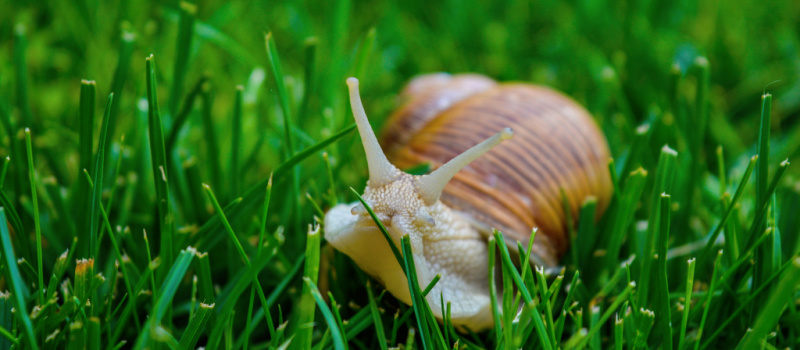Why Do I Have Insects and Disease in My Yard?

Having a beautiful yard is a common goal of any homeowner. Unfortunately, several things can mar the aesthetics of your lawn, including insects and plant diseases. Insects and vegetation diseases are not only unsightly, but they can also kill your plants. Knowing what to look for can help you be on the alert for potential problems and be able to be involved expert lawn care company before it’s too late.
Which type of insects can invade yards?
Pests can be a big problem for homeowners, especially when they invade yards. Many different types of pests can invade yards, including insects, rodents, and even reptiles. Insects make up the largest group of those invaders. Some of the most common insects that infest yards include:
1. Ants. There are many reasons why ants invade yards. Sometimes, they are looking for food. Other times, they are looking for water. And sometimes, they just look for a place to build their nests. Whatever the reason, ants can be a nuisance. They can get into houses and contaminate food. They can bite people and animals. And they can damage plants and lawns. Fortunately, there are some things that people can do to keep ants out of their yards. Here are a few tips:
• Keep your yard clean and free of food scraps and other potential attractants.
• Use an ant baiting system to kill ants before they have a chance to establish themselves in your yard.
2. Snails. When it comes to your garden, you may think that any creatures with slimy exteriors are pests. While this may be the case for some critters, not all of them are bad news. In fact, some snails can help keep your plants healthy. However, there are many reasons you wouldn’t want these creatures crawling around in your yard.
For one, snails are known carriers of disease. They can transmit harmful bacteria and parasites to both humans and animals alike. These creatures feast on many types of plants, including vegetables, fruits, and flowers. This can cause extensive damage to your garden if not kept in check. Finally, snail shells can be sharp and dangerous, particularly to small children and pets who may accidentally step on them.
3. Grubs. Each year, grubs destroy significant portions of lawns across America. The damage they cause is unsightly and costly to repair. White grubs are the most common type of grub found in U.S. lawns, and they're particularly destructive because they feed on the roots of grass plants. If you have white grubs in your yard, you may notice that your grass turns brown and dies in patches.
What diseases may be in the plants in my yard?
If you have plants in your yard, you may wonder what diseases they could be susceptible to. Here are a few of the most common diseases that can affect your plants:
Powdery mildew: Powdery mildew is a type of fungus that causes your plants to develop white or grayish-white powdery spots. This disease is most commonly found on leaves, but it can also affect stems and flowers. Powdery mildew can weaken your plant and make it more susceptible to other diseases.
Leaf spot: Leaf spot is another type of fungal disease that can cause brown or black spots to form on your plant's leaves. Leaf spot can also lead to premature leaf drop. This disease is often caused by too much moisture, so make sure to water your plants early in the day so that the leaves have time to dry off before nightfall.
Blight: When it comes to diseases in your plants, blight is one of the most common. Blight is caused by a fungus that infects the leaves and stems of your plants, causing them to turn brown and die. If left untreated, blight can kill your plants. There are several different types of blight, so it's important to identify the type you have before treating it. Otherwise, you could end up making the problem worse.
In conclusion, you should always consult with a professional if you have any concerns about the health of your plants or the possibility of disease in your yard. By taking this simple precaution, you can help to keep your yard safe from these potential risks. Then, with the help of a professional lawn care company such as The Experienced Gardener, you can have the beautiful yard that you’ve always wanted.


